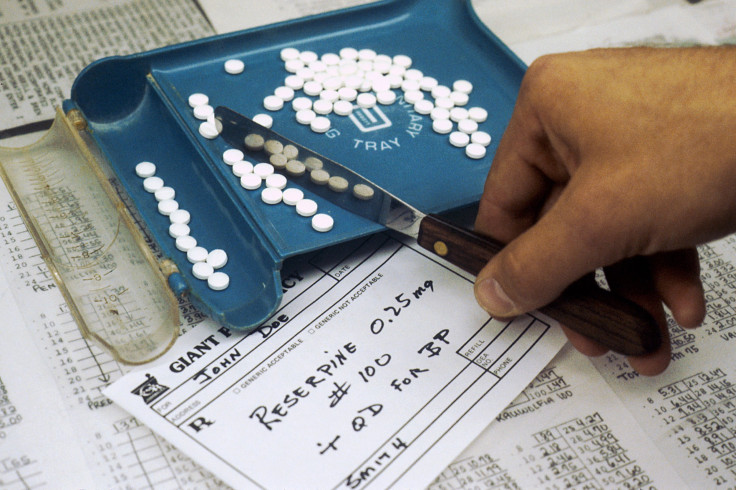Diabetes Drug Rosiglitazone Reduces Bone Health, Boosts Fracture Risk

Diabetes, if left untreated, can lead to a myriad of other health problems. However, a latest study has found that some of the diabetes medicines based on the drug rosiglitazone can increase the risk of bone fractures in the patients.
According to a latest study conducted by a team of researchers at the University of North Carolina School of Medicine, rosiglitazone can end up increasing the amount of fat inside the bones of the patient, thus making them vulnerable to bone fracture. At the same time, the study also found that exercising can reduce the amount of bone fat that gets accumulated because of the drug, which is sold under the brand name Avandia.
"We think doctors and patients need to better understand the relationship between diabetes, certain drugs, and the often dramatic effect on bone health," said the first author of the study, Maya Styner, in a statement.
Rosiglitazone works by eliminating glucose out of the blood so that the blood sugar is lowered in the diabetic patient. However, the study conducted on mice showed that the removed glucose is packed into drops of fat called lipids, which ultimately gets stored in the bones and around the belly. The researchers were surprised by the amount of fat which gets stored in the bones.
To study the effect of exercising on the amount of stored fat, the researchers let the mice in cage play with the running wheel overnight. The researchers found that even in mice that were subjected to high doses of rosiglitazone, the amount of bone fat reduced significantly if the animal exercised.
Styner believes that exercising might have triggered marrow stem cells to produce more bone cells than the fat cells. Another viewpoint suggests that during exercise, bone fat was used as a fuel rather than the other fat cells.
The complete details of the study have been published in the journal Endocrinology.
© Copyright IBTimes 2024. All rights reserved.





















